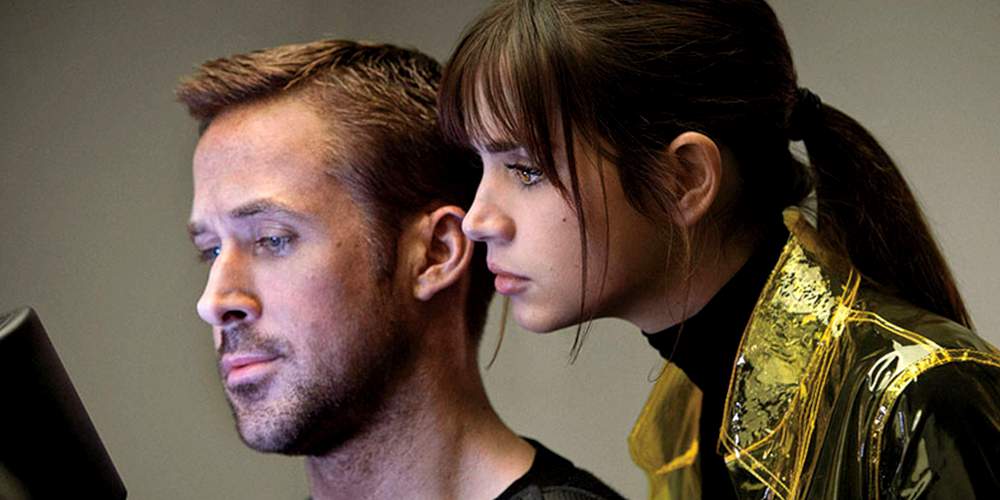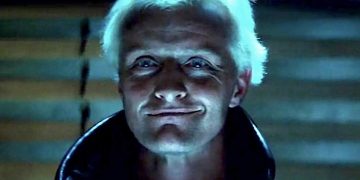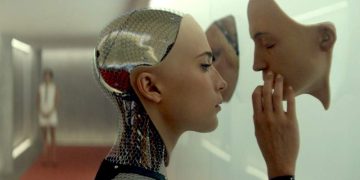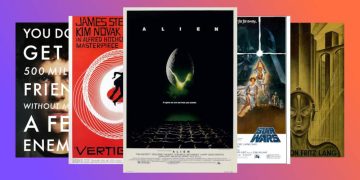It took almost 25 years for Ridley Scott to release the version of Blade Runner that he wanted—one that became starkly different to the original cut of the film in a vastly superior way.
Ridley Scott's Blade Runner: The Final Cut came about in 2006, resulting in fans of the first movie marveling at the fully realized masterpiece. With it, Blade Runner went from a film bogged down by studio interference to one of the most profound sci-fi movies ever made.
The 2017 sequel Blade Runner 2049 continued the tale, picking up decades later with new characters and a new mystery.
Aside from the grandiosity of its dystopian Los Angeles, it's the characters of Blade Runner and Blade Runner 2049 that have allowed the franchise to endure. With Harrison Ford's Rick Deckard still at the center of sci-fi cinema's most intriguing question: "Is he a Replicant?"
Regardless of the answer, we find that the Blade Runner series has featured plenty of complex characters. Here are our picks for the best Blade Runner characters and why they're so great.
10. Gaff
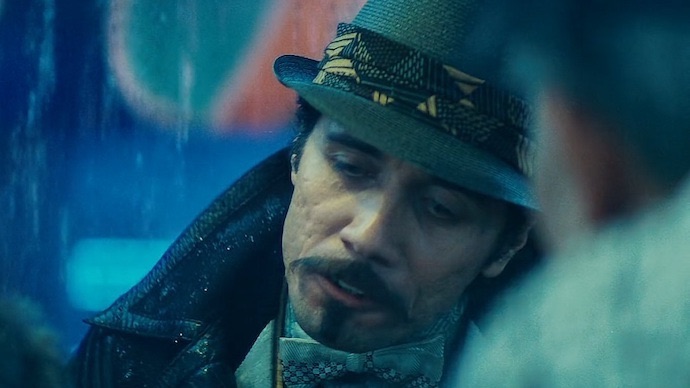
How much did Gaff know about Deckard's situation? How did he know as much as he appeared to know about Deckard? Gaff is one of Blade Runner's most interesting characters because he seems to know the truth of all individuals—and demonstrates this with his use of origami.
Of course, there's his final appearance before Deckard, who has watched Batty die moments before and is still processing Roy's final words. Gaff lands on the roof and returns Deckard's gun to him, making a reference to Rachael being a Replicant as he does.
Then, as Rick and Rachael run away together, Rick sees one of Gaff's origami figures—the unicorn in Rick's dreams that nobody knows about. What did Gaff know about Rick that we didn't? It remains a mystery.
9. Dr. Eldon Tyrell
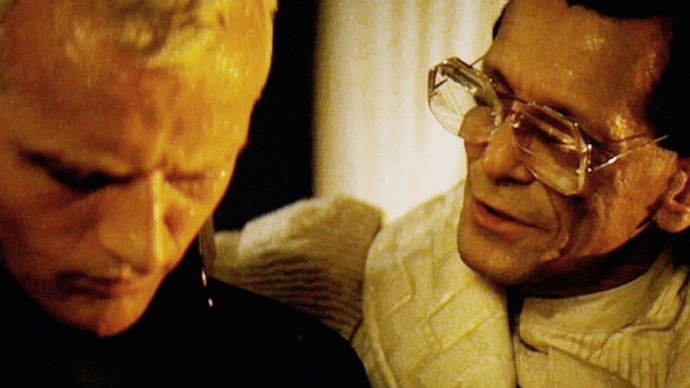
The grand creator of the Replicants, Dr. Eldon Tyrell, is the reason behind Blade Runner's entire story. He created the Replicants for slave labor and is responsible for Rachael's unique ability to procreate.
His discussion with Roy about the meaning of his life is one of the franchise's best scenes—a sequence that leads to Tyrell's death at the hands of his own creation.
With the first and second movie's questions and reveals about Tyrell combined, the question becomes: Did he create Rick and have him meet Rachael on purpose, or was it simply coincidence? Something that Niander Wallace himself alludes to in Blade Runner 2049.
8. Niander Wallace
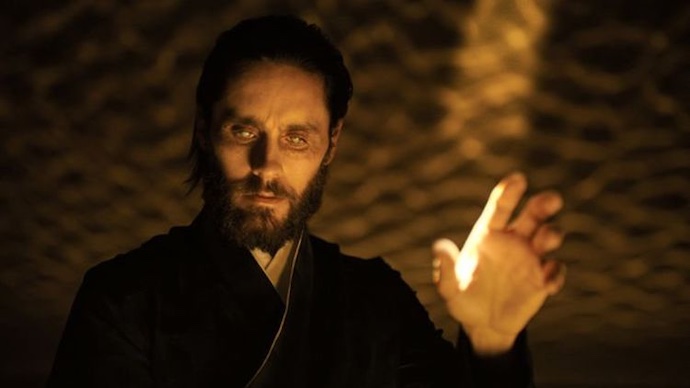
Niander Wallace appears to be on a path with destiny. He's desperately trying to create life within life, believing that because his Replicants can't procreate, they are singular beings doomed to a single lifetime.
Wallace's obsession with finding the key to unlocking Tyrell's genius is the driving factor behind the sequel movie, as he sends Luv to find answers from the people who might know them.
Future Blade Runner movies could yield further information on Niander Wallace's God complex and his quest to create life.
7. Luv
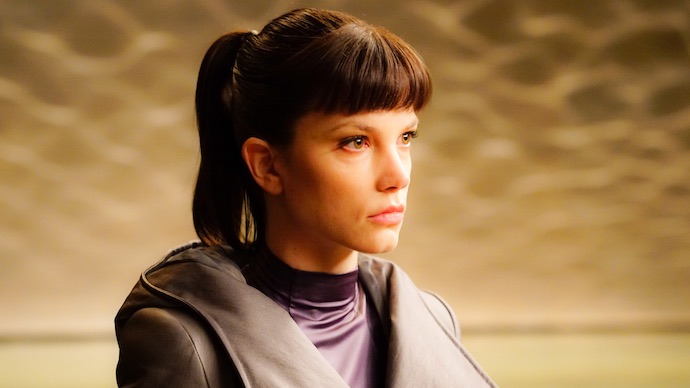
Luv is Wallace's right-hand, and she does his bidding with a glee that's beyond her programming. Luv's violent and vindictive streak brings her across as sadistic to some degree, a person who's filled with rage and gains pleasure from harming others.
She's such an interesting character because she represents the fury of Niander Wallace, as though he pulled his own emotions from himself and placed them in the Replicants around him.
She's drowned by K in the final scenes of Blade Runner 2049, though not before dealing a blow to him that appears to be lethal.
6. Joi
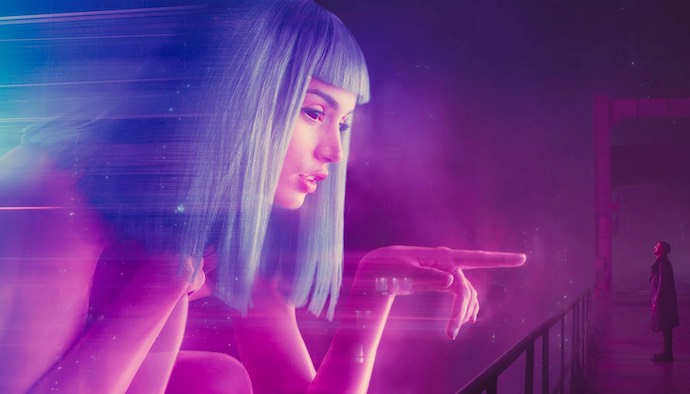
If Luv is the fury of Niander Wallace, then Joi is her antithesis—the calm serenity that's part of K.
She's no more than a hologram, a product designed by Niander Wallace and his corporation: she's built so that others won't feel alone. But the love she exudes for K feels beyond her simple programming.
Many questions surround Joi and her seeming ability to have free will. In several situations throughout Blade Runner 2049, she makes choices that contradict her makers, and she encourages K to find where he belongs. It all makes her existence a complex question.
5. J.F. Sebastian
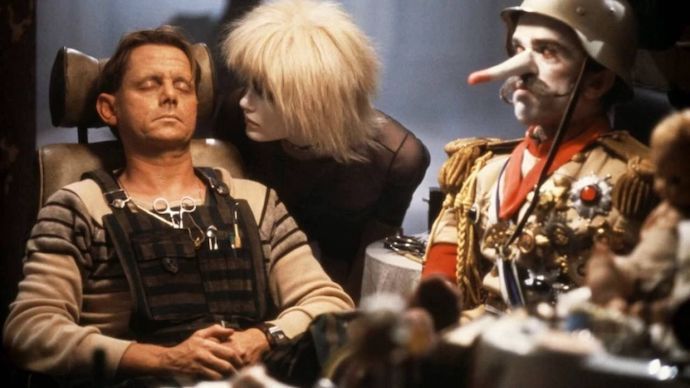
Despite knowing that Replicants are illegal on Earth, J.F. Sebastian shielded the Nexus-6 from the authorities.
His role in their creation was as genetic designer who created the nervous system of the Replicants. He used his own illness and limited lifespan to develop other life in whatever way he knew, giving J.F. a fascinating role in asking why he created them.
When Pris orchestrates a run-in with him at Roy's command, the goal is for Sebastian to fall for her and open himself up to manipulation. But J.F. dies by Roy's hands, seemingly because Roy is angry at his own impending death and they're the people that made him.
4. Rachael
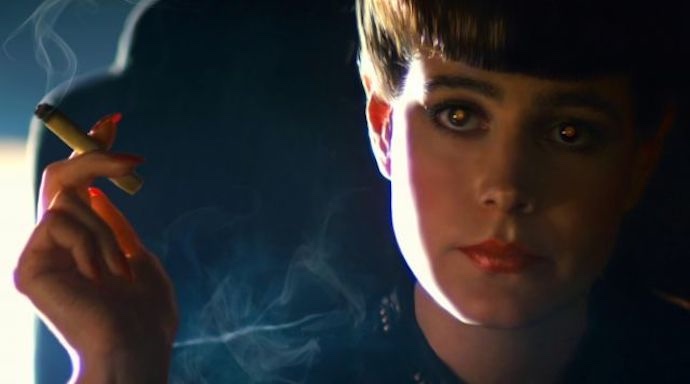
Rachael is a Nexus-7, the only one of her kind (depending on where you stand regarding Rick's origin), and the hunt to discover her daughter's whereabouts in Blade Runner 2049 is the entire plot of the film.
The questions that surround Rachael vary, from what's known to what's still unknown about her character. She was a Replicant. She had a daughter with Rick Deckard. Their daughter—Dr. Ana Stelline—went on to create memories for Niander Wallace's Replicants.
Whether Rachael's love for Deckard was predetermined or a demonstration of free will by a Nexus-7 may never be clear, but the bond between the pair is as wholesome as any love can be. And that raises the question: Does it really matter if they're Replicants?
3. K
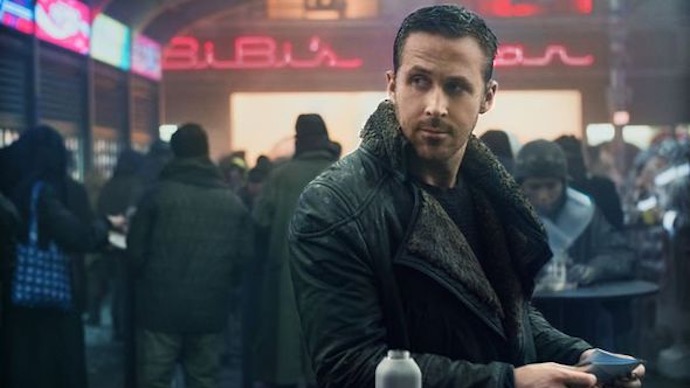
The protagonist of Blade Runner 2049 is a Nexus-9 Blade Runner, whose job is to hunt down older models and retire them. However, in doing his job, K discovers a mystery that sets off multiple questions and the search for the child of an older Replicant.
K's quest leads him to meet with Rick Deckard and to discover the truth behind the whereabouts of Rick and Rachael's daughter.
K is a tragic figure. His story is that he's a cog in the machine of the world around him, put there by design and not meant to cause problems. But when he's near death at the end of Blade Runner 2049, he knows his actions were right as Deckard meets his daughter for the first time.
2. Roy Batty
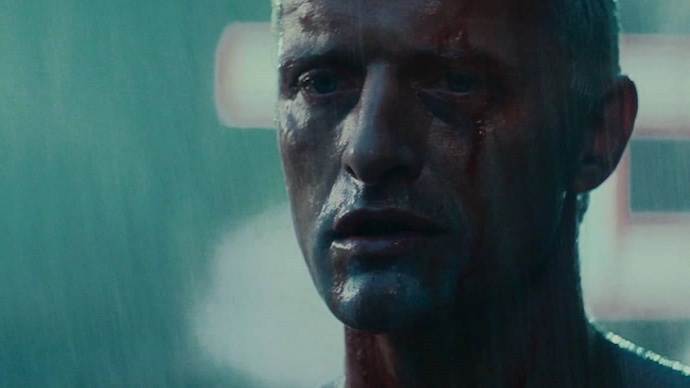
The original villain of the franchise and a creature similar to Frankenstein's monster, Roy Batty leads a Nexus-6 revolt and comes to Earth to find longer life (since his lifespan is only four years long).
As he ruthlessly cuts his way through the urban jungle of Los Angeles to the door of his creator, he finally realizes that there's no hope for him. Many of his friends have died, and he will also die very soon.
After chasing Deckard through the apartment building that J.F. Sebastian lived in, he catches up to Rick as he's dangling from a rooftop.
Deciding that Rick's death would be pointless and that Roy himself has caused enough of it, Roy saves Rick from falling before delivering a poignant speech about the futility of existence. Roy then passes away peacefully, in contrast to his friends who all died violently.
1. Rick Deckard
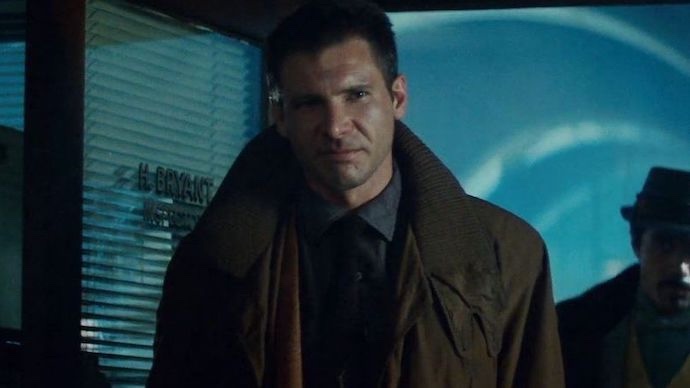
Rick Deckard is the ultimate question in Blade Runner and Blade Runner 2049: Is he a Replicant? Is his whole existence based on the whim of Dr. Eldon Tyrell? Are his memories implants? Or is he simply a Blade Runner who fell in love with a Replicant?
His story through the franchise is the spark that keeps it lit. His secrets are the secrets that define the series. His actions are all subject to intense debate about what Rick Deckard actually is.
In the end, Rick (whether created or not) is a person who finds his true love and has a child with her before he's forced to leave so that his child won't become an experiment.
His final scene in Blade Runner 2049—as a man meeting his daughter for the first time—is profoundly perfect as the years of living in exile become lost in time as he looks upon his daughter's face.
